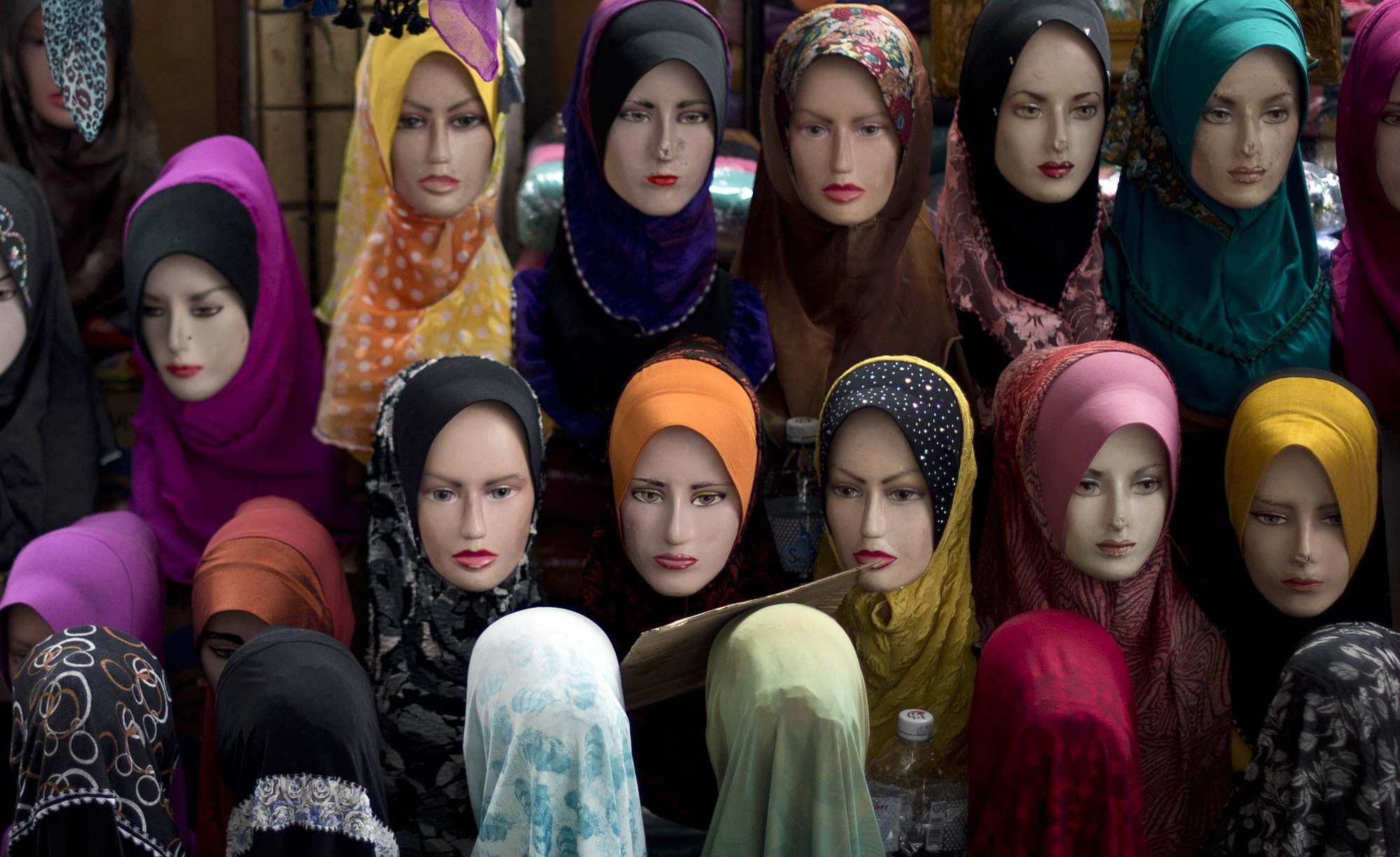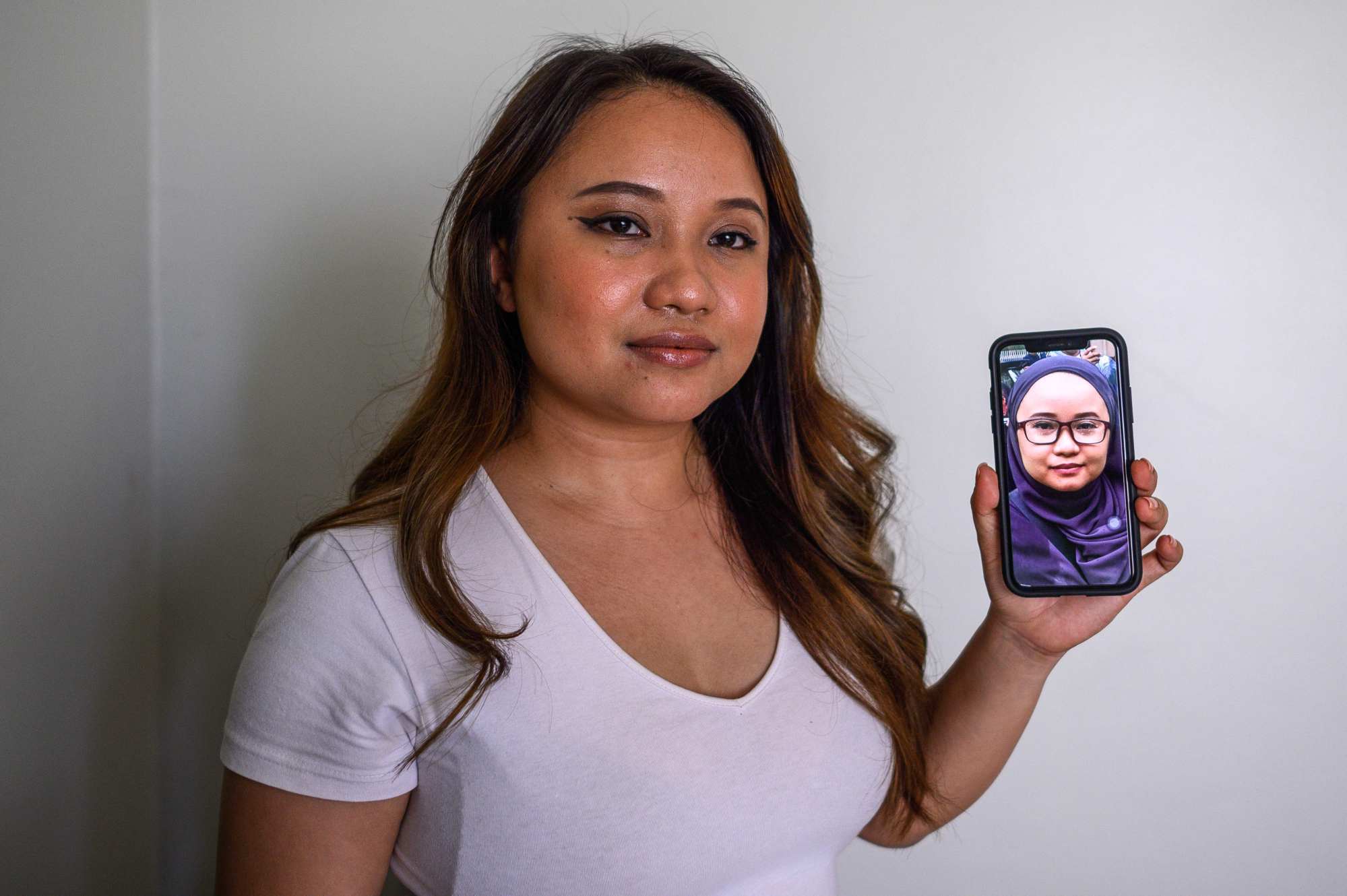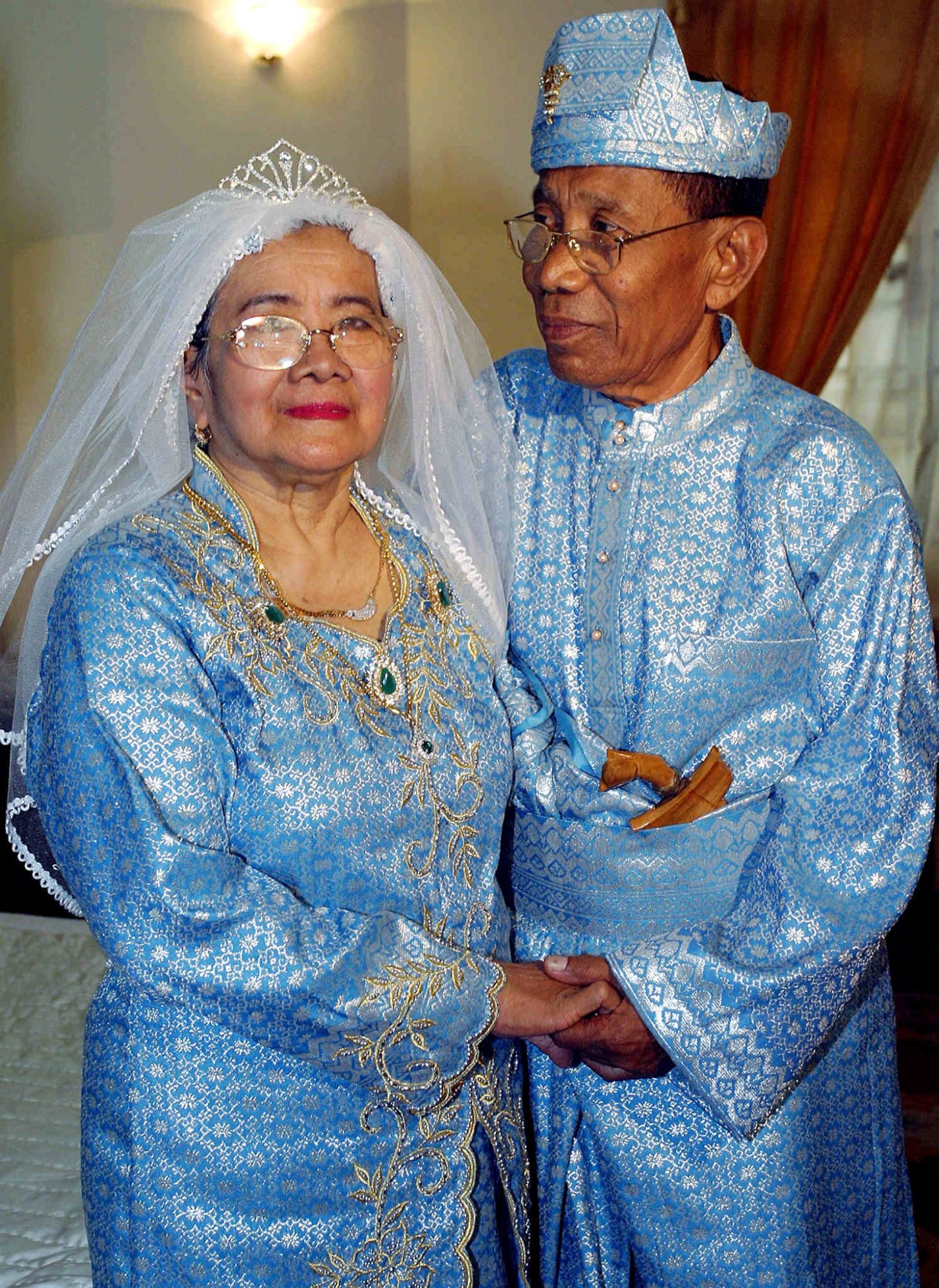
Malaysia: TikTok ‘unboxing by husband’ trend among Muslim newlyweds condemned by religious authorities
- The online craze, adopted by many Muslims, involves newlywed grooms filming removal of their brides’ head accessories
- One Muslim cleric said a man videoing such an action was akin to ‘selling the wife’; experts blame social media and Western influences
When Ili Aqilah heard about the viral TikTok trend dubbed ‘unboxing Pengantin’ or ‘unboxing bride’, she was appalled.
“I love TikTok and I’ve learned so much from the platform but this is such a weird trend. You overshare, and I am not going to do it,” Ili said.
The craze upsetting the 32-year-old but pleasing many others – one of the videos garnered more than 70,000 likes – involves mostly Muslim newlyweds, among them many women in hijabs, filmed in their bridal outfits on their wedding night in front of a mirror. The groom then removes his wife’s head accessories.

The ‘unboxing bride’ trend emerged earlier this month, the phrase stemming from the popular social media act of ‘unboxing’ whereby influencers show a box then carefully unpack it and reveal its contents – often electronic gadgets – through diligently-crafted videos.
Unboxing brides is a whole new way to mark a marriage, announcing to whoever is watching, whoever and wherever they might be, that a couple are now legally married.
But Ili said TikTok users too often release content for the sake of going viral without thinking of the repercussions.
“Some don’t realise how content like this can turn around and ‘bite’ them. Of course we live in a free world, but how will parents and in-laws feel if they view the videos? Can you imagine how awkward family dinners are going to be?”
Twitter user @IamAjak urged couples not to waste their time with the new trend.
“Respect each other’s dignity and self worth,” he said.
Religious leaders have also waded into the row. Mufti Dr Mohd Asri Zainul Abidin, in the state of Perlis on Malaysia’s west coast, said a man filming acts like removing his wife’s head accessories is akin to “selling the wife”.
He told the media that technological advancements have made people more inclined to reveal themselves publicly as a form of pride.
“This pride to show off what belongs to them, including uploading content of themselves unboxing, is only for likes,” he said.
Perak state’s religious department put out a statement, calling on couples to stay away from a trend that is against Islamic teachings through being sinful and inviting slander.

Malaysia’s Federal Territories Islamic Religious Department slammed the new fad, saying it was the responsibility of men, as family leaders, to protect their loved ones from sin.
In a letter to newspaper Harian Metro, the department’s director Mohd Ajib Ismail said Islamic teachings command husbands to preserve the honour of their wives.
“Husbands should protect and preserve their family members from performing acts that invite the wrath of Allah as well as call on them to obey Allah and abandon His prohibitions including immoral culture and contrary to the teachings of Islam,” he wrote.
‘Grave danger’: fears over transgender tycoon’s safety if returned to Malaysia
Experts put the adoption of controversial trends down to changing values in the modern world.
Associate Professor Dr Awang Azman Awang Pawi from the University of Malaya’s socioculture department said social media has led to an era of individuals craving attention and seeking ‘likes’, with many users not recognising that their actions are seen as going against Islamic teachings.
“This means Western influences on the Malays are more apparent, especially among youth,” he said. “They have started being more open and moderate and consider the unboxing bride trend accepted by the global community despite receiving criticism from religious authorities and conservatives.”
Indonesians show support for blind judo athlete disqualified because of her hijab
Continuous criticism from conservatives on social media will slowly suppress the viral fad but it will not vanish entirely, he predicted.
“Due to changes in values, ways of thinking and adoption of cultural influences from Western societies, this trend will not disappear but will thrive in modern times as long as there are no sanctions by religious institutions to resolve the issue by controlling society.”
Social media expert Mohd Zulhelmie Zullifan said Malaysians generally have an idea of which trends to follow and which to avoid but there may be groups unable to tell the difference.

Some are prone to follow controversial trends, he said, so there was a civic need to point out which ones breach religious rules.
“I think the concept of unboxing was misunderstood, perhaps individuals who enjoy watching unboxing videos with items like gadgets thought it would be funny to emulate if they ‘unboxed’ their wife and caught the interest of others, so they followed it,” Zulhelmie added.
“If people do this in the West it’s fine, but in Malaysia, with most of its people Muslims and these wives who participate in the unboxing in hijabs, it is a problem.”

